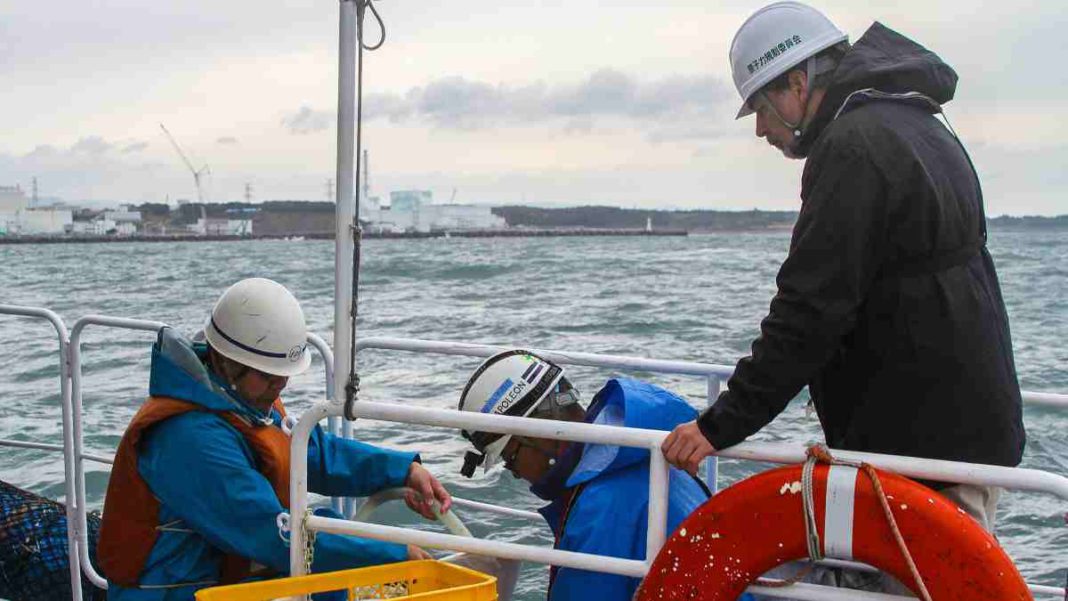JAPAN: On Tuesday, Japan is scheduled to receive the final report from a United Nations watchdog, which is anticipated to endorse a proposal for the Fukushima plant. The radio active water from the Fukushima plant will be released into the Pacific ocean gradually over the next three to four decades.
Rafael Grossi, the head of the International Atomic Energy Agency (IAEA), will commence a four-day visit to Japan on Tuesday. During his visit, he will hold meetings with Prime Minister Fumio Kishida and present the outcomes of its two-year safety review.
Japan has not provided a specific timeline for the release of water as it awaits the final review by the International Atomic Energy Agency (IAEA) and official approval from the national nuclear regulatory body, Tokyo Electric Power (Tepco). The regulatory body’s final decision is expected to be announced as early as this week.
The government’s proposal, which was formulated in 2021, has faced strong opposition from certain neighbouring countries, including China, who have criticised it as “irresponsible and unpopular” and a potential risk to food and ecological safety.
On Tuesday, Beijing reiterated its protest through its embassy in Japan, stating that the report from the International Atomic Energy Agency (IAEA) should not be regarded as an endorsement for the water release plan and demanding the suspension of the plan.
The Japanese foreign ministry has stated that it has made numerous attempts to explain the scientific basis behind Tokyo’s position to Chinese officials, but these efforts have been disregarded.
Moreover, local fishing communities in Japan are concerned about the potential damage to their reputation and the subsequent decline in business.
Japan intends to unleash the 1.3 trillion metric tonnes of water used to cool the fuel rods at the Fukushima nuclear power plant in 2011.
The water has undergone filtration to eliminate the majority of radioactive elements, except for tritium, a hydrogen isotope that is challenging to separate from water. Before being discharged into the Pacific Ocean, the treated water will be diluted to levels well below internationally approved tritium concentrations.
Nuclear power plants worldwide routinely release wastewater containing tritium at higher concentrations than the treated water from TEPC.
Nonetheless, there has been a surge in South Korean consumers stockpiling sea salt in anticipation of the release, and the Chinese foreign ministry criticised the plan on Monday, urging the International Atomic Energy Agency (IAEA) not to endorse it.
Also Read: Earth Formed Rapidly and “Vacuumed” Water from Space Environment, New Theory Suggests



